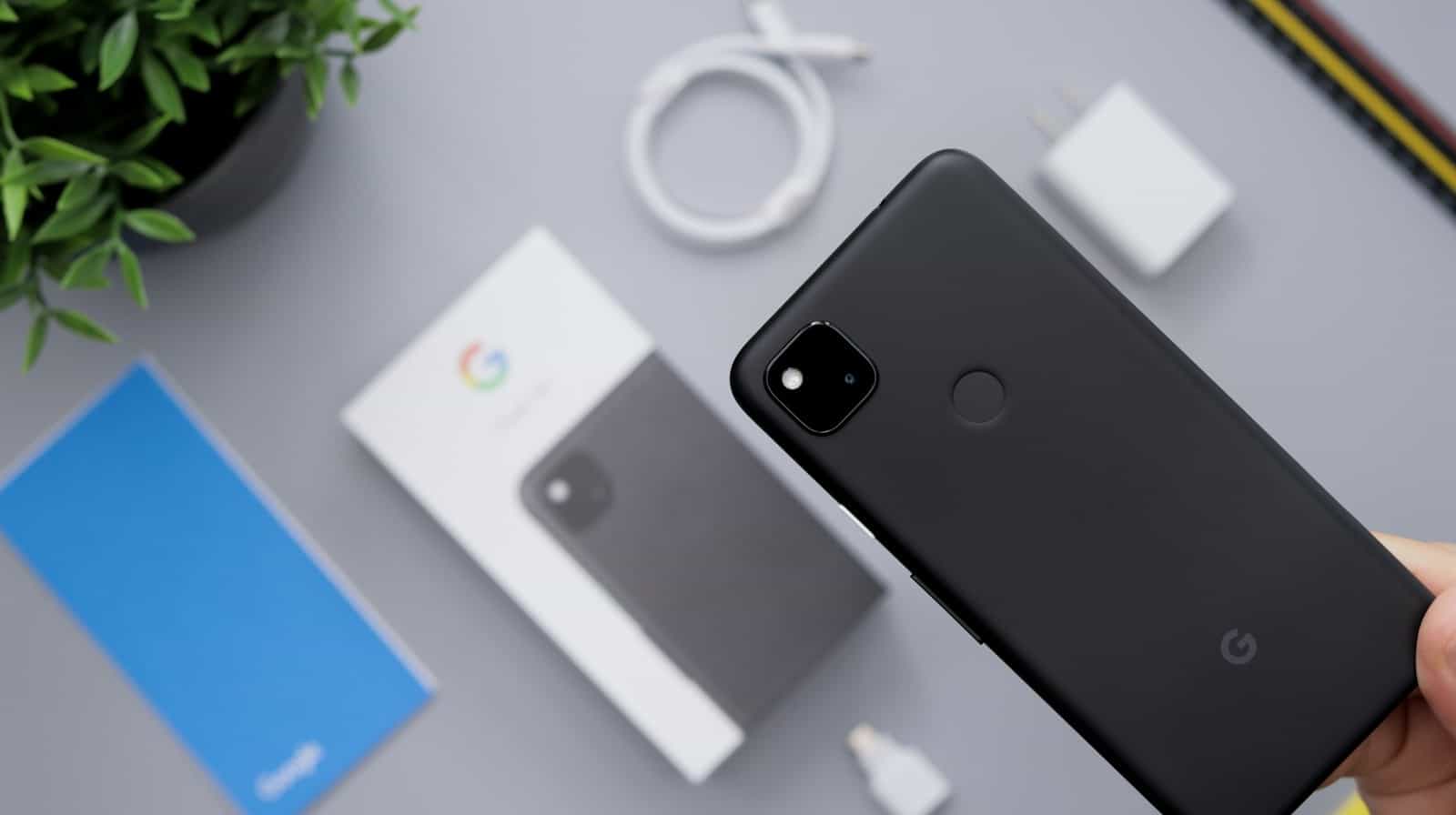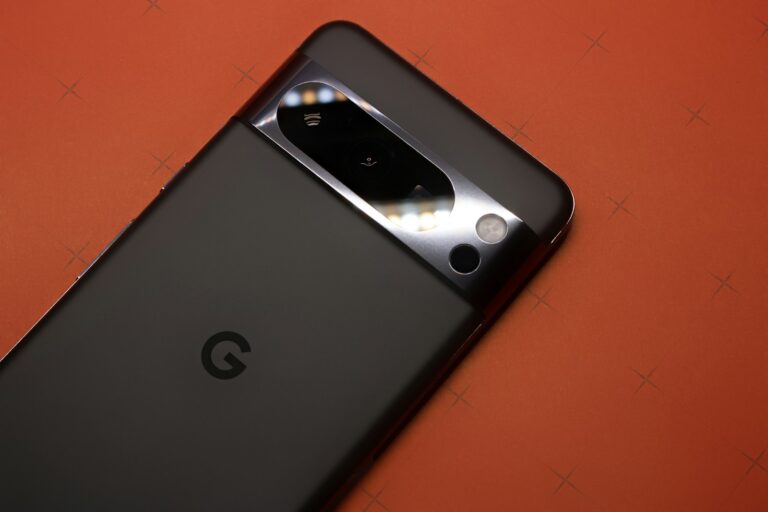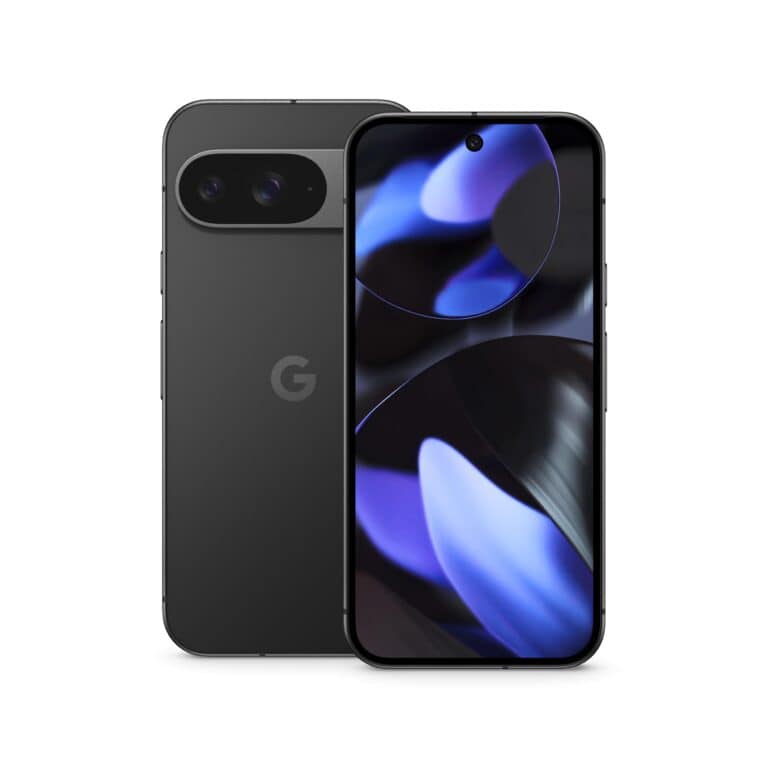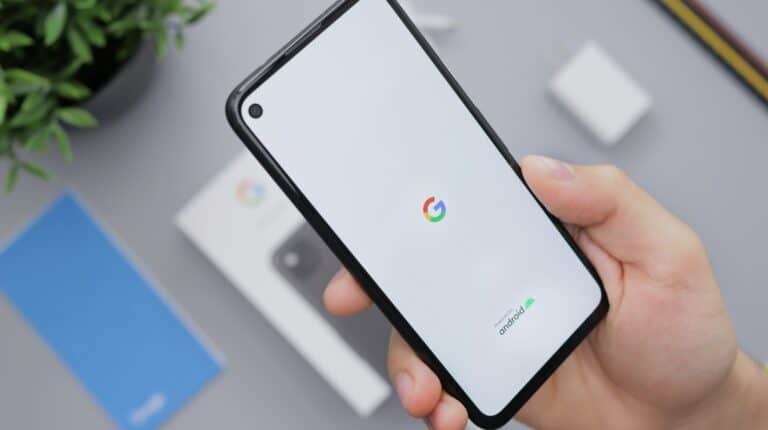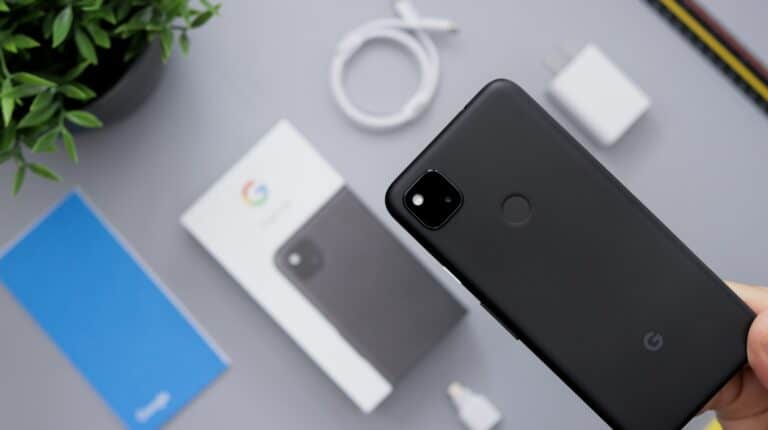The Google Pixel lineup has become one of the most distinctive families of smartphones, blending Google’s cutting-edge AI innovations with consistently excellent camera technology. From budget-friendly models like the Pixel 9 to the feature-packed Pixel 10 series, there’s a Pixel for nearly every type of user. Each phone runs a clean version of Android OS, backed by years of guaranteed updates and AI-driven tools that simplify everyday tasks—whether that’s editing photos, translating conversations in real time, or summarizing your notifications.
With options ranging from unlocked devices to carrier-specific versions, and hardware that spans compact designs to foldables, Pixels stand out for their balance of long-term support, smart software, and premium hardware experiences in a crowded smartphone market.

1. The Early Years (2016–2018)
- Pixel (2016) & Pixel XL
- First phones designed fully by Google.
- Introduced unlimited full-quality Google Photos storage.
- Snapdragon 821, 4GB RAM.
- Pixel 2 (2017) & Pixel 2 XL
- Improved camera with HDR+ that set the standard for computational photography.
- “Active Edge” squeeze feature for Google Assistant.
- Larger OLED display on XL.
- Pixel 3 (2018) & Pixel 3 XL
- Dual front-facing cameras for wide selfies.
- Pixel Visual Core chip for better image processing.
- Wireless charging introduced.
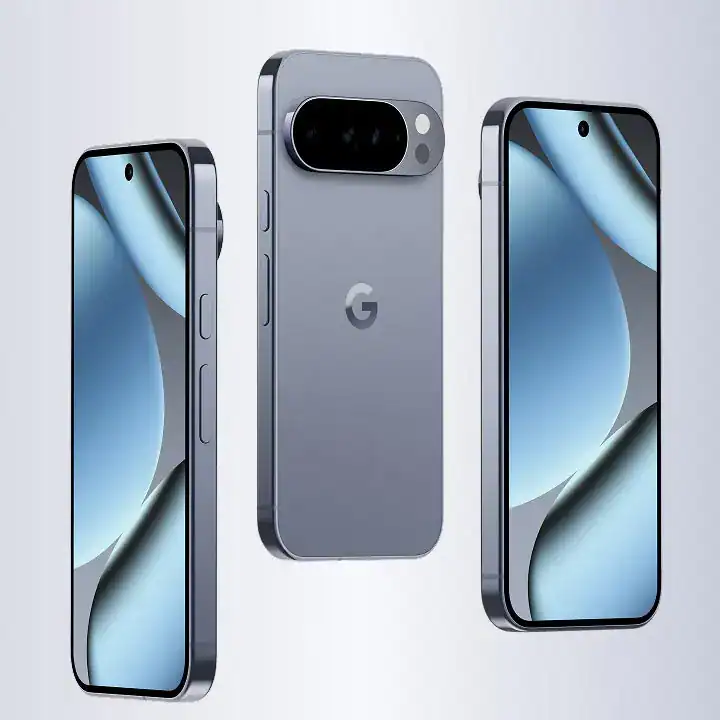
2. Refinement & Midrange Expansion (2019–2020)
- Pixel 3a (2019) & 3a XL
- First budget Pixels.
- Brought flagship-level camera at half the price.
- Pixel 4 (2019) & 4 XL
- Motion Sense radar for gesture controls.
- Face Unlock with advanced sensors.
- 90Hz OLED displays.
- Pixel 4a (2020) & 4a 5G
- Affordable models with OLED displays.
- 5G support introduced.
- Pixel 5 (2020)
- More midrange than flagship, Snapdragon 765G.
- Focused on balance, 5G, and battery efficiency.
3. The Tensor Era Begins (2021–2022)
- Pixel 6 (2021) & 6 Pro
- First phones with Google Tensor chip (custom silicon).
- New design with camera bar.
- Magic Eraser, real-time translation, advanced AI features.
- Pixel 6a (2022)
- Budget version with Tensor chip.
- Pixel 7 (2022) & 7 Pro
- Tensor G2 chip.
- Improved computational photography.
- Face Unlock (camera-based).
- Pixel 7a (2023)
- Wireless charging added to the A-series.
4. Foldables & Flagship Refinement (2023–2024)
- Pixel Fold (2023)
- Google’s first foldable.
- 7.6″ inner display, Tensor G2.
- Pixel 8 (2023) & 8 Pro
- Tensor G3 chip.
- 7 years of software updates announced.
- AI-powered camera features like Best Take and Magic Editor.
- Pixel 8a (2024)
- Midrange with Tensor G3.
- Brighter display, longer update cycle.
- Pixel 9 series (2024)
- Pixel 9, 9 Pro, 9 Pro XL, and 9 Pro Fold.
- More Apple-like lineup structure.
- Tensor G4 chip.
5. The Pixel 10 Generation (2025)
Announced at Made by Google 2025 on August 28, 2025 (source: Tech Advisor, WhistleOut).
Models:
- Pixel 10
- Standard flagship with Tensor G5.
- New AI-driven features.
- MagSafe-style magnetic charging.
- Pixel 10 Pro
- Larger, brighter LTPO OLED display.
- Advanced telephoto and ultrawide cameras.
- Pixel 10 Pro XL
- 6.8-inch display.
- Qi2 25W wireless charging.
- Best traditional smartphone in lineup (source: Android Central).
- Pixel 10 Pro Fold(launching Oct 9, 2025)
- Foldable flagship with Tensor G5.
- Improved durability and hinge design.
Features:
- Tensor G5 chip – most powerful Google silicon yet.
- Expanded AI tools – real-time editing, summarization, and translation.
- MagSafe-style charging – magnetic alignment for wireless charging.
- New colors across the lineup.
Pixel Lineup Summary (2016–2025)
- 2016–2018: Camera innovation, establishing Pixel brand.
- 2019–2020: Budget models introduced, radar experiments.
- 2021–2022: Tensor chips debut, AI-first features.
- 2023–2024: Foldables, 7 years of updates, Pro lineup expansion.
- 2025: Pixel 10 series with Tensor G5, MagSafe-style charging, stronger AI integration.
Google Pixel Generations Comparison (2016–2025)
| Generation | Models | Chipset | Display Sizes | Launch Year |
|---|---|---|---|---|
| Pixel 1 | Pixel, Pixel XL | Snapdragon 821 | 5.0″, 5.5″ | 2016 |
| Pixel 2 | Pixel 2, Pixel 2 XL | Snapdragon 835 | 5.0″, 6.0″ | 2017 |
| Pixel 3 | Pixel 3, Pixel 3 XL | Snapdragon 845 | 5.5″, 6.3″ | 2018 |
| Pixel 3a | Pixel 3a, 3a XL | Snapdragon 670 | 5.6″, 6.0″ | 2019 |
| Pixel 4 | Pixel 4, 4 XL | Snapdragon 855 | 5.7″, 6.3″ | 2019 |
| Pixel 4a | Pixel 4a, 4a 5G | Snapdragon 730G / 765G | 5.8″, 6.2″ | 2020 |
| Pixel 5 | Pixel 5 | Snapdragon 765G | 6.0″ | 2020 |
| Pixel 6 | Pixel 6, 6 Pro | Google Tensor (G1) | 6.4″, 6.7″ | 2021 |
| Pixel 6a | Pixel 6a | Tensor G1 | 6.1″ | 2022 |
| Pixel 7 | Pixel 7, 7 Pro | Tensor G2 | 6.3″, 6.7″ | 2022 |
| Pixel 7a | Pixel 7a | Tensor G2 | 6.1″ | 2023 |
| Pixel Fold | Pixel Fold | Tensor G2 | 5.8″ outer / 7.6″ inner | 2023 |
| Pixel 8 | Pixel 8, 8 Pro | Tensor G3 | 6.2″, 6.7″ | 2023 |
| Pixel 8a | Pixel 8a | Tensor G3 | 6.1″ | 2024 |
| Pixel 9 | Pixel 9, 9 Pro, 9 Pro XL, 9 Pro Fold | Tensor G4 | 6.3″, 6.7″, 6.9″, 7.6″ foldable | 2024 |
| Pixel 10 | Pixel 10, 10 Pro, 10 Pro XL, 10 Pro Fold | Tensor G5 | 6.3″, 6.7″, 6.8″, 7.7″ foldable | 2025 |
✅ This chart shows the evolution of chips (Snapdragon → Tensor), the growing lineup (A-series, Fold, Pro XL), and the shift toward AI-first features with Tensor G5 in 2025.
Setting New Standards in Mobile Photography
Google Pixel phones have consistently pushed the boundaries of mobile photography. With their advanced image processing algorithms and computational photography techniques, Pixel phones consistently deliver stunning image quality, even in challenging lighting conditions. Features like Night Sight and Super Res Zoom have redefined what’s possible with smartphone cameras, allowing users to capture sharp, detailed photos in low light and zoom in without sacrificing image quality.
Software That’s Always Up-to-Date
One of the major advantages of owning a Pixel phone is the guarantee of timely software updates. Pixel users are the first to receive the latest Android OS updates and security patches, ensuring their phones remain secure and up-to-date with the latest features. This commitment to timely updates sets Pixel phones apart from many other Android devices, which often experience delays in receiving updates.
Google Assistant: Your AI-Powered Helper
Google Pixel phones come with Google Assistant, a powerful AI-powered virtual assistant. Google Assistant can help you with a wide range of tasks, from sending messages and setting reminders to answering questions and controlling smart home devices. With its natural language processing capabilities, Google Assistant understands your queries and responds in a conversational manner, making it a truly helpful and intuitive tool.
Key Features of Google Pixel Phones
| Feature |
|---|
| Camera: Advanced image processing, Night Sight, Super Res Zoom |
| Software: Timely Android updates, Pixel-exclusive features |
| Google Assistant: AI-powered virtual assistant for various tasks |
| Design: Sleek and modern design, premium build quality |
| Performance: Powerful processors, smooth and responsive user experience |
A History of Innovation
Google Pixel phones have a history of introducing innovative features that have later been adopted by other smartphone manufacturers. The original Pixel phone introduced the concept of computational photography to the mainstream, demonstrating how software can significantly enhance image quality. Subsequent Pixel models have continued to push the envelope with features like astrophotography mode and Magic Eraser, further solidifying Pixel’s reputation as a leader in smartphone innovation.
Key Takeaways
- Google Pixel phones feature advanced AI and innovative cameras.
- Models like the Pixel 9 and Pixel 10 offer long-term software support and additional perks.
- Options are available for both unlocked phones and carrier-specific versions.

